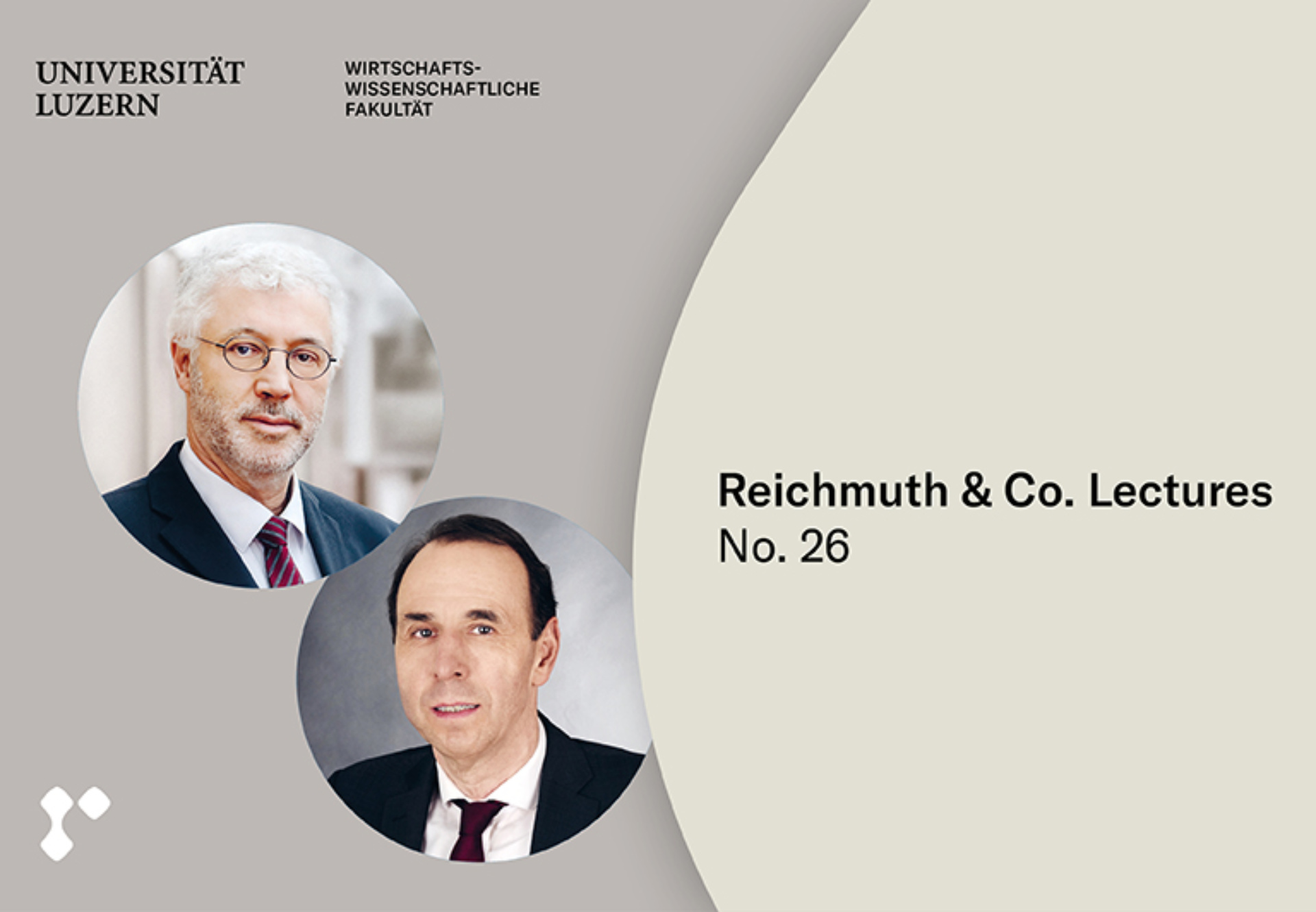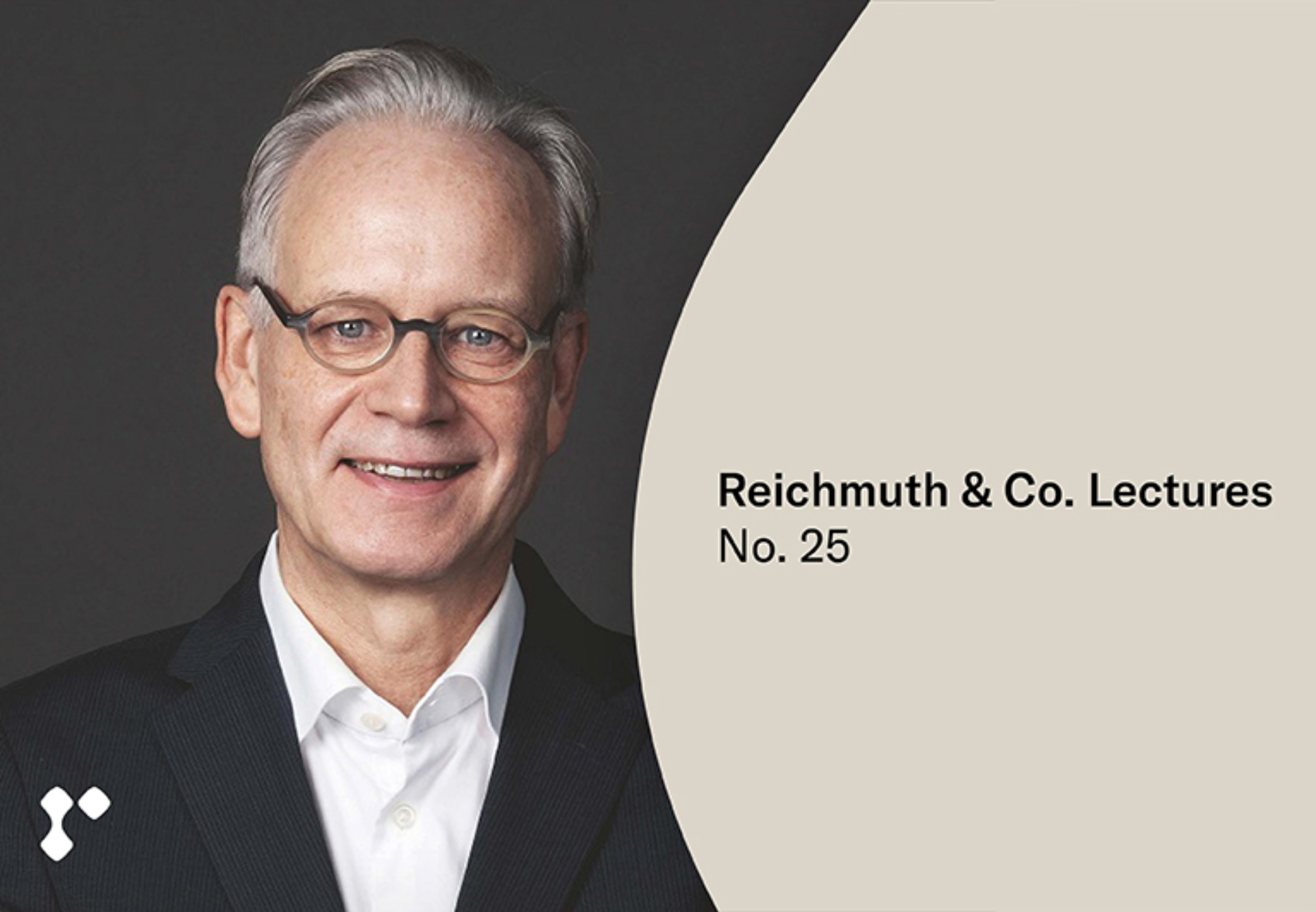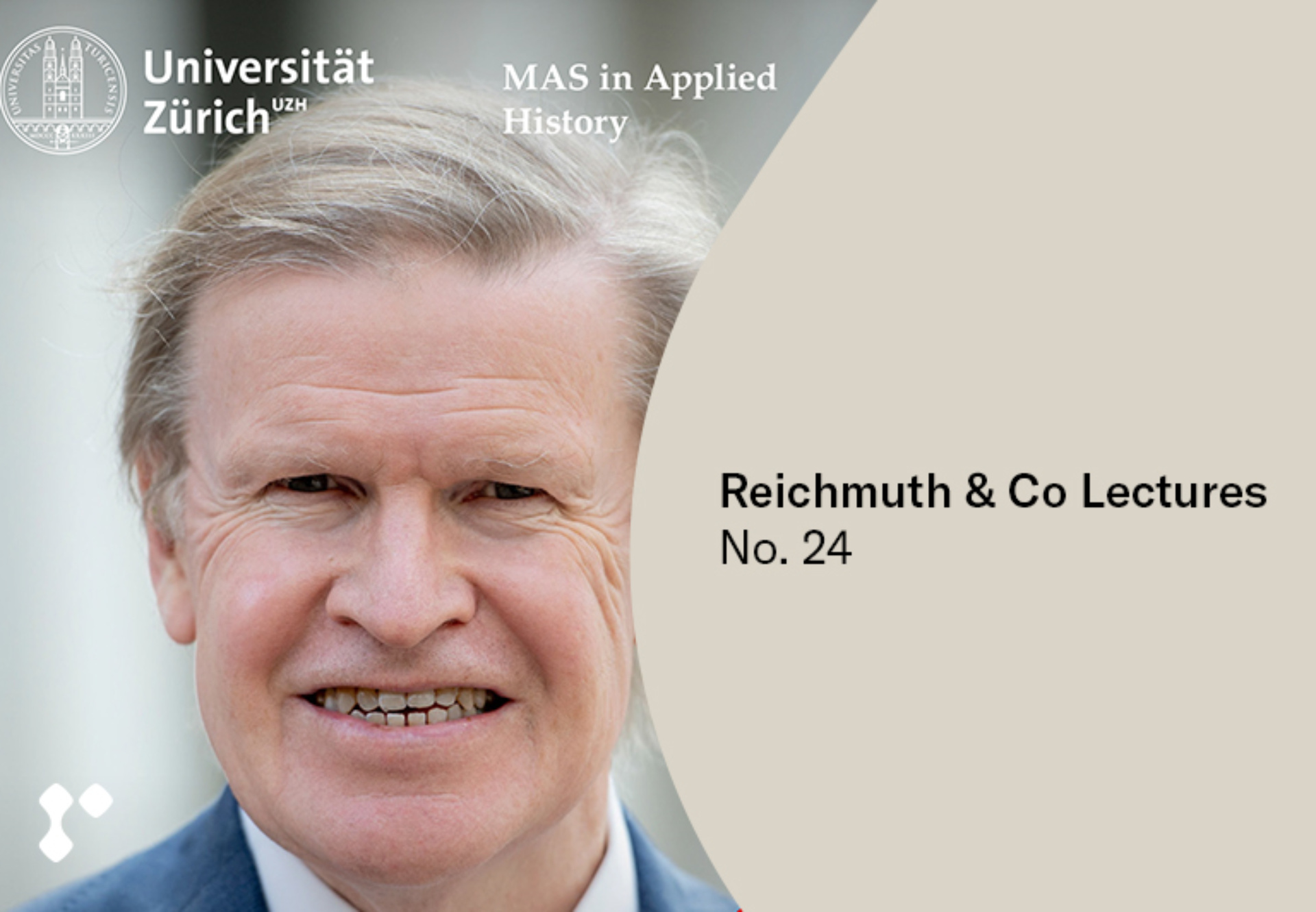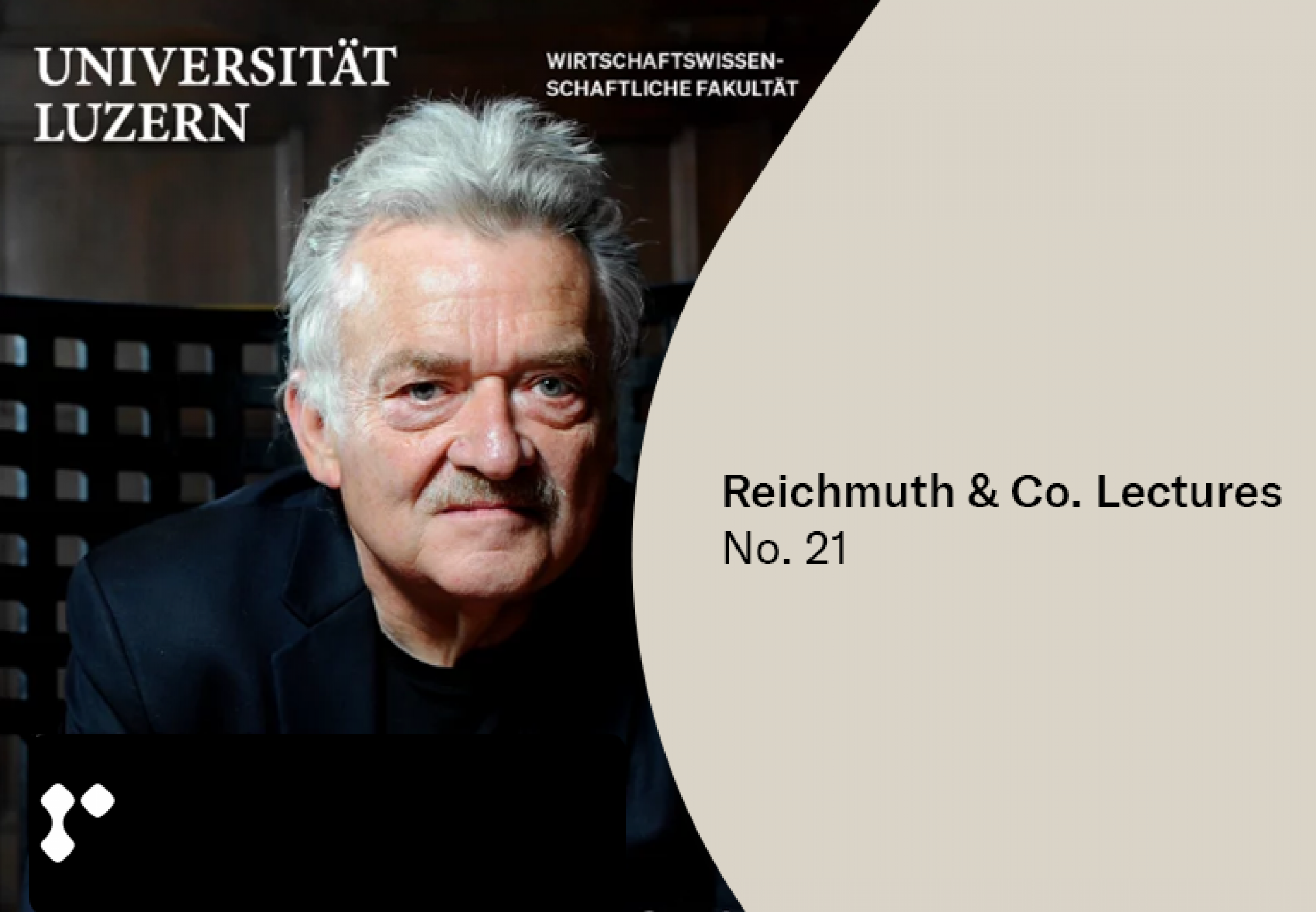“Too Big to Fail” and the Market Economy: What Next after the Credit Suisse Bankruptcy?
How did it come to this, and how can the next banking crisis be prevented? This question was addressed by Prof. Dr. Dr. h.c. mult. Martin Hellwig, and Prof. Dr. Heinz Zimmermann at the Reichmuth & Co Lecture No. 22 at the University of Lucerne.
Although no physical queues formed in front of Credit Suisse’s bank counters, it was a typical bank run. Clients fear for their assets. (Too) many withdraw their investments at the same time. The panic of the clients causes the bank to suffer liquidity bottlenecks. But where does the loss of confidence in one bank come from, but not in another? Prof. Martin Hellwig ponders this question in his presentation.
Anyone who knows how to read and interpret the financial markets can assess the risk of default very accurately. Prof. Dr. Heinz Zimmermann shows that since the end of 2020, the warning signals on the financial markets have first been continuous and then became increasingly nervous.





